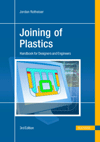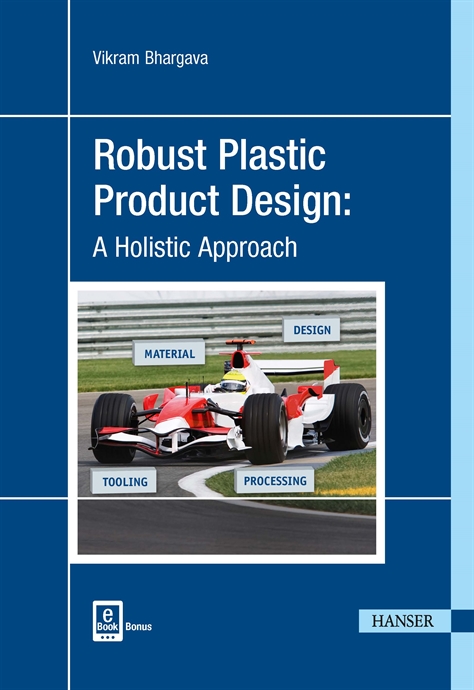We’ve all read the nursery rhyme, written in 1640 by George Herbert and repeated ad infinitum by innumerable writers, including Ben Franklin: “For want of a nail, the horse’s shoe was lost. For want of a shoe, the horse was lost. For want of a horse, the rider was lost. For want of a rider, the battle was lost. And for want of a battle, the kingdom was lost.”
There’s even an interesting twist on the theme, in the form of an alternative history novel published in 1973 by American business historian Robert Sobel.For Want of a Nail: If Burgoyne Had Won at Saratogadepicts an alternate world in which the American Revolution was unsuccessful.
The want of a critical component happens to every manufacturer sooner or later; examples from the auto industry are legion. Right now it’s happening to Boeing, and the problem isn’t nails; it’s high-tech high-performance fasteners for assembling the 787 Dreamliner. Major sections for the first Dreamliner have arrived in Boeing’s Everett, WA, assembly plant from around the globe-Japan, Australia, Italy, Spain and the United States-and workers are rushing to get the first airplane together and painted for the July 8 rollout.
Boeing currently has more than 600 orders in hand for the Dreamliner and first flight is planned for late August. That first flight starts a critical test program that will lead to FAA certification to carry passengers. Boeing is supposed to deliver the first Dreamliner-the seventh production airplane after six test airplanes-to All Nippon Airways of Japan next May.
But, unlike previous airplanes, the major sections of the Dreamliner are made largely of futuristic composite materials. Writing inThe Wall Street Journalrecently, J. Lynn Lunsford and Paul Glader point out that these sections can’t be joined with traditional aluminum rivets. The sections are built with integral brackets at each interface, and the brackets are joined with specially coated bolts. These titanium bolts, made one at a time, are presently in short supply. So at the moment, major sections are being held together with thousands of temporary fasteners.
The reason is economy of scale. Boeing needs only one shipset of fasteners to roll out the first 787, and a few more shipsets to complete the six test airplanes. But Alcoa and the small number of companies capable of producing the fasteners prefer-understandably-to make thousands in one setup, which is far more cost-effective. The fastener shortage is said to be a result of the airlines canceling hundreds of orders for new airplanes after 9/11, which led to massive consolidation in the fastener industry.
The challenges will be overcome, of course. Alcoa is working closely with Boeing, adding capacity and opening a new plant in China next year to ensure that the biggest commercial success in Boeing’s history is not compromised “for want of a nail.”
Get our new eMagazine delivered to your inbox every month.
Stay in the know on the latest assembly trends.
SUBSCRIBE TODAY!Copyright ©2024. All Rights Reserved BNP Media.
Design, CMS, Hosting & Web Development :: ePublishing


